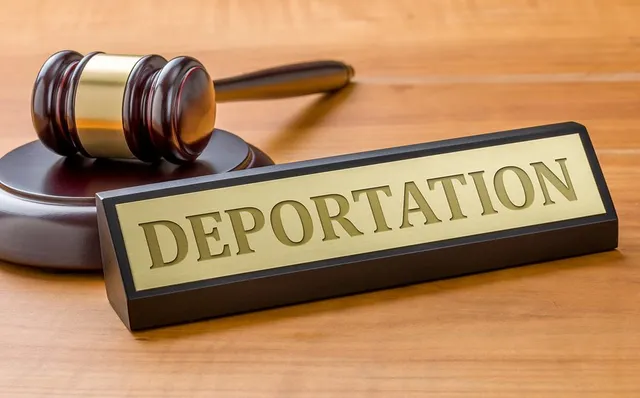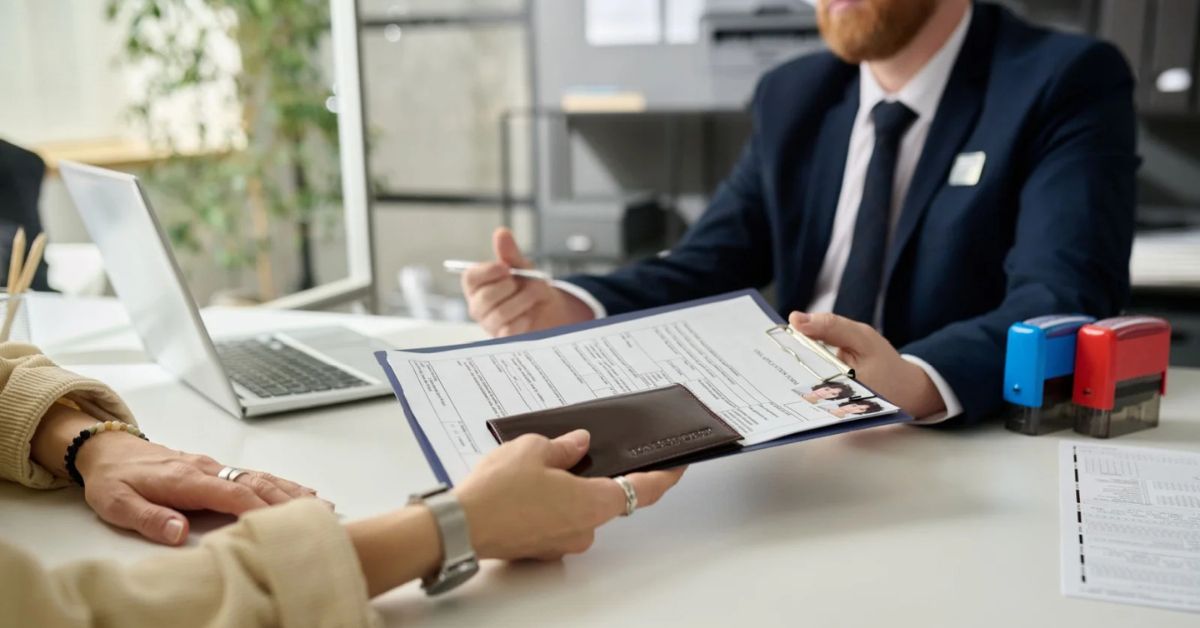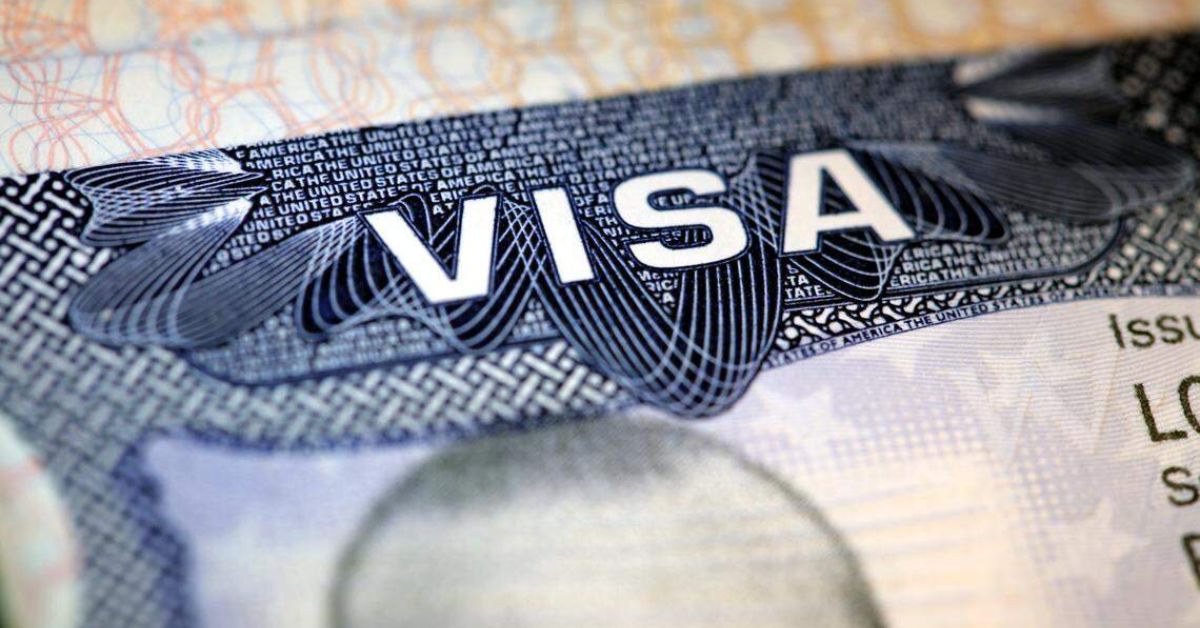For asylum seekers facing detention in the United States, the bond hearing is an important step toward freedom. A bond hearing allows individuals to request release from detention while they await a final decision on their asylum case. However, preparation is key to securing a successful outcome.
This guide will explore practical bond hearing strategies for asylum seekers, focusing on the evidence needed and strategies that can help increase the chances of success.
Table of Contents
ToggleUnderstanding the Bond Hearing Process
Before diving into bond hearing tips for asylum seekers, it’s important to first understand the immigration bond hearing process. When an asylum seeker is detained by U.S. Immigration and Customs Enforcement (ICE), they have the right to request a bond hearing in front of an immigration judge. The purpose of the hearing is to determine whether the individual can be released from detention while awaiting their asylum hearing.
The judge will consider various factors when making their decision, such as the individual’s ties to the U.S., risk of flight, and any criminal history. It’s vital that asylum seekers present themselves as reliable, law-abiding individuals with strong ties to their community. A well-prepared bond hearing can significantly improve the likelihood of release.
Preparing for Immigration Bond Hearing: The Importance of Evidence
When preparing for an immigration bond hearing, the evidence you present plays a critical role in your case. This evidence will help the judge assess whether you are a flight risk or if your release will pose a threat to public safety.
Key Evidence to Present During a Bond Hearing
- Ties to the Community: One of the most important factors in the bond hearing is showing that you have strong ties to the community. This could include family members who are U.S. citizens or legal residents, a stable job, or a residence where you have lived for a significant amount of time. You can present letters from family, friends, or employers affirming your connection to the community.
- Proof of Residence: If you have a stable place to live in the U.S., it’s essential to provide evidence of this during your hearing. This could include a lease agreement, utility bills, or a letter from a landlord. A stable living situation can demonstrate to the judge that you have no intention of fleeing.
- Criminal History: If you have no criminal history, emphasize this during the hearing. If you do have a criminal record, present any evidence that shows you have rehabilitated and are no longer a threat to public safety. You can submit character references or certificates of completion for any rehabilitation programs you have attended.
- Financial Support: Showing that you have financial support while you await your asylum hearing can strengthen your case. Suppose you have a sponsor or family members who will financially support you, provide their financial documents or affidavits that support this claim.
- Medical Conditions: If you have any medical conditions that require ongoing treatment or pose a risk to your well-being in detention, be sure to provide medical records from your doctor. These can help demonstrate that detention is not in your best interest.
Bond Hearing Strategies for Asylum Seekers
The bond hearing strategies for asylum seekers go beyond just presenting evidence. It’s crucial to approach the hearing with a strategy that will make a positive impression on the judge.
- Be Honest and Transparent
Honesty is critical in any legal proceeding, especially in immigration court. During the bond hearing, be open and transparent about your situation, including your ties to the U.S. and any past mistakes. Judges appreciate sincerity and are more likely to show leniency to individuals who are upfront about their circumstances.
- Demonstrate Strong Support Networks
Having a strong support system can make a big difference in your bond hearing. Ask family members, friends, or community leaders to attend the hearing with you. Their presence can serve as a reminder to the judge that you are not alone and that you have people who care for you and will help you through the process.
- Prepare Your Testimony Carefully
While much of your bond hearing will rely on evidence, your testimony is also crucial. Be ready to explain why you deserve release, and address any potential concerns the judge might have. For example, if there are any doubts about your ties to the U.S. or fears of flight, be prepared to explain why you will not abscond while awaiting your asylum hearing. Practice your testimony ahead of time to ensure you can present it clearly and confidently.
- Stay Professional and Respectful
The bond hearing is a formal legal proceeding, so it’s important to approach it with professionalism. Dress appropriately, remain calm, and be respectful to everyone in the courtroom, including the judge and opposing counsel. Showing respect for the process can make a positive impression on the judge.
Bond Hearing Tips for Asylum Seekers: Avoiding Common Mistakes
In addition to the strategies mentioned above, here are some bond hearing tips for asylum seekers to help you avoid common pitfalls:
- Don’t Wait Until the Last Minute
Preparation is key to a successful bond hearing. Don’t wait until the day before the hearing to gather your evidence or practice your testimony. Take the time to prepare thoroughly and ensure that you have all the necessary documents to support your case.
- Know Your Rights
Before the hearing, it’s crucial to know your rights and understand what will be expected of you during the process. If you have an attorney, make sure they explain the details of the hearing and help you prepare. If you don’t have an attorney, you may want to seek asylum application help to ensure that you’re fully informed and prepared.
- Stay Calm Under Pressure
Bond hearings can be stressful, and emotions can run high. However, staying calm and composed during the hearing can help you present a strong case. Avoid interrupting the judge or opposing counsel, and answer questions as clearly and concisely as possible.
- Don’t Overstate Your Case
While it’s important to emphasize your ties to the community and your support system, it’s equally important not to overstate or exaggerate these claims. Be truthful about your situation, as exaggerating or providing false information can hurt your case in the long run.
How Legal Help Can Improve Your Chances
Navigating the bond hearing process can be overwhelming, and having the right legal support is crucial. If you’re struggling to prepare or present your case effectively, seeking help from an experienced immigration appeal lawyer or application help services can significantly improve your chances of success.
An experienced attorney can help you gather the right evidence, prepare your testimony, and ensure that you follow the correct procedures. Having legal representation at your bond hearing shows the judge that you take the process seriously and that you are committed to complying with U.S. immigration laws.
Final Thoughts: Successful Preparation for a Bond Hearing
Preparing for an immigration bond hearing requires careful planning and attention to detail. By presenting the right evidence, following effective strategies, and avoiding common mistakes, you can improve your chances of being released from detention while your asylum claim is pending. Whether you’re seeking asylum seekers benefits or preparing for the Immigration bond hearing process, taking a thoughtful and informed approach can make all the difference.







